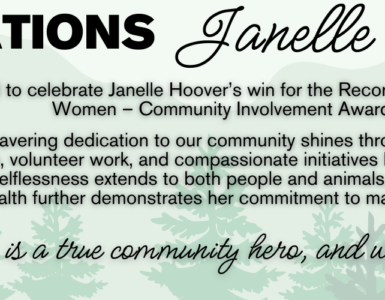It has been nearly six months since the country first started to shelter in place to avoid the potential spread of COVID-19. While many companies race to find a vaccine, we continue to adapt to our new normal. Obviously there is nothing normal about wearing masks and keeping a strict six-foot distance from one another, but we do our best to stay positive, productive, and keep our health in check. Staying healthy might be more challenging for those with small school-aged children, those with pre-existing conditions, the elderly, and those with disabilities.
Having an impairment doesn’t necessarily put you at a higher risk for contracting COVID-19, however, there are certain disabilities that can make illness more complicated. For example: people who may not communicate well verbally may find it challenging to communicate symptoms of illness; those who cannot avoid coming into close contact with others due to limited mobility; and individuals who have trouble understanding information. Additionally, people who have trouble practicing preventive measures, such as hand washing, mask wearing, and social distancing. If you or a loved one fit into any of these scenarios, here are some tips to keep in mind:
Always be Prepared
- Have plenty of masks, hand sanitizers, and disinfectants in the house and accessible when you go out
- Have enough household items and groceries to feel comfortable staying at home for two weeks
- Have at least a 30-day supply of necessary over-the-counter and prescription medicines
- Have any medical equipment or supplies that you might need
- Make a photocopy of prescriptions. This may help you to obtain medications in an emergency situation
Create a Plan
The best way to prepare is to create contingency plans with your caregiver or those you’re taking care of. Keep in mind what you would do if you or your caregiver got sick and what your caregiver would do if you got sick. This can help alleviate stress and worry.
To create a strong plan:
- Start by reaching out to family members, friends, neighbors, services, and agencies that can potentially offer you help, should you need it
- Create a contact list of the individuals and organizations that will help you if you should contract COVID-19
- Plan two ways of getting from home to the hospital that can be used quickly in an emergency
- Reach out to your primary care physician or medical provider that helps you with your disability, and ask if you should include anything specific in your plan
Be Cautious
The best offense is a great defense. Make sure to take proper measures to protect yourself on a daily basis; practice social distancing whenever possible, wash your hands frequently, avoid touching your face, and avoid crowds, as well as large gatherings. Don’t be afraid to screen those who come in close contact with you. Before they get too close ask them if they have experienced:
- Fever or Chills
- Cough
- Shortness of breath or difficulty breathing
- Fatigue
- Muscle or body aches
- Headache
- New loss of taste or smell
- Sore throat
- Congestion or runny nose
- Nausea or vomiting
- Diarrhea
If you have questions or concerns regarding COVID, call the Carson City Health and Human Services COVID-19 Hotline at (775) 434-1988. Please be advised that Carson City Urgent Care is only testing patients who are symptomatic or have a doctor’s orders. If you are symptomatic and require immediate care, please go to our Emergency Department at our Regional Medical Center or dial 9-1-1.







